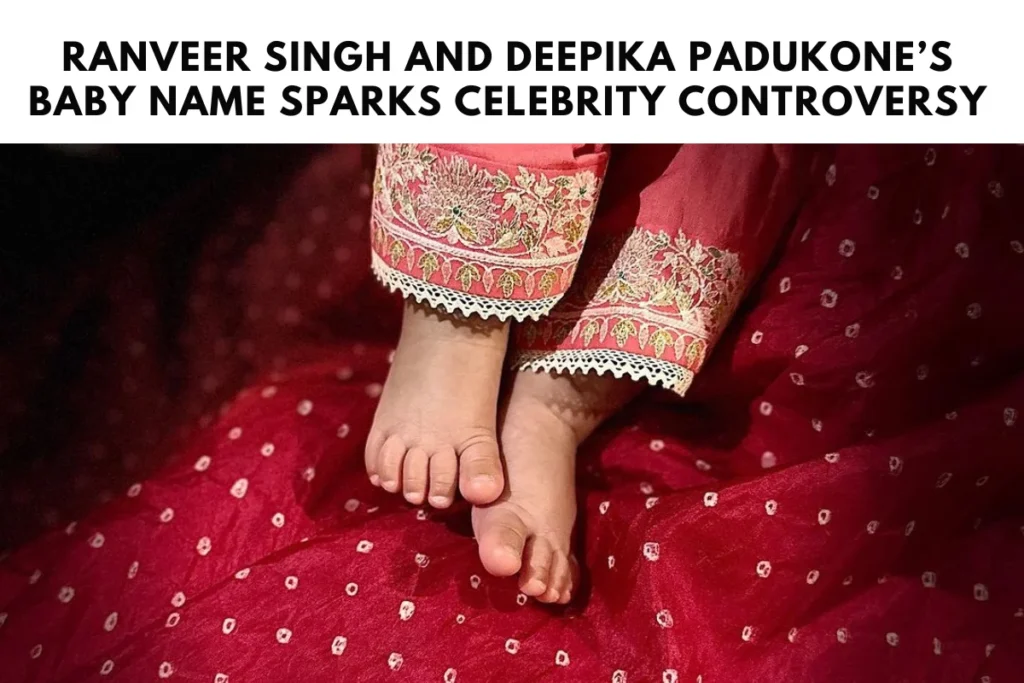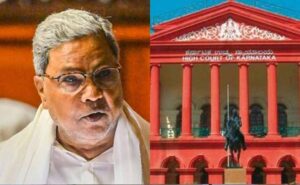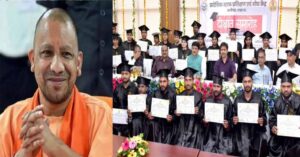
The Name Game: Ranveer Singh and Deepika Padukone’s Baby Name Controversy
Bollywood icons Ranveer Singh and Deepika Padukone recently named their daughter “Dua,” sparking a wave of reactions. While many fans celebrated the news, some Hindutva supporters expressed offense online. This reaction raises an interesting question: do parents really need public approval to name their child?
Outrage Across Social Media
One particularly vocal online critic, 34-year-old Manish Pandya, complained about the name choice, humorously hinting that naming a celebrity child should be a public event. His post reflects an emerging trend where private choices by public figures come under scrutiny.
The Meaning Behind “Dua”
“Dua,” meaning “prayer” in Arabic, was chosen for its hopeful significance. Critics, however, argue that the name is “too foreign,” perceiving it as an affront to Indian culture. Ironically, in a culturally rich and diverse country like India, such views can feel limiting.
The “Dua Lipa” Twist
Adding to the absurdity, critics even mentioned singer Dua Lipa, suggesting she should adopt an “Indian-friendly” name when performing in India. This stance raises questions about India’s stance on cultural integration, as diversity, not conformity, lies at the nation’s core.
Perspective on the Outrage
The reactions feel out of proportion, considering Ranveer and Deepika’s name choice is personal. They may be beloved public figures, but they’re also individuals—and new parents—celebrating their daughter’s arrival. Insisting on narrow interpretations of cultural identity overlooks India’s diverse heritage.
A Reminder of Cultural Richness
While it’s easy to get caught up in celebrity culture, perhaps we should view this incident with more humor and openness. Names, like identities, transcend borders and should be celebrated. Rather than fixating on a narrow idea of cultural “purity,” embracing diversity is what truly honors India’s inclusive values.
for more updates follow ANN MEDIA on facebook , X , Instagram and Linkedin







